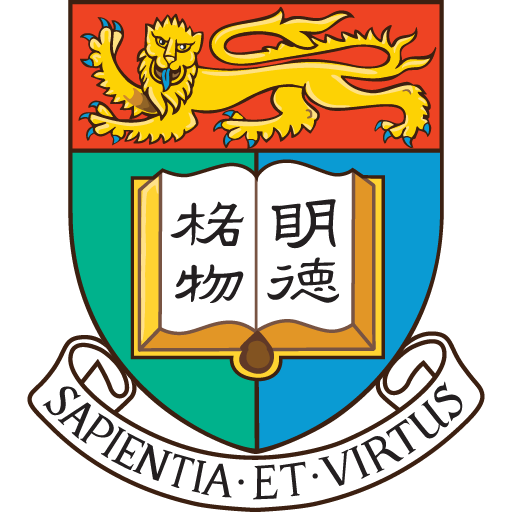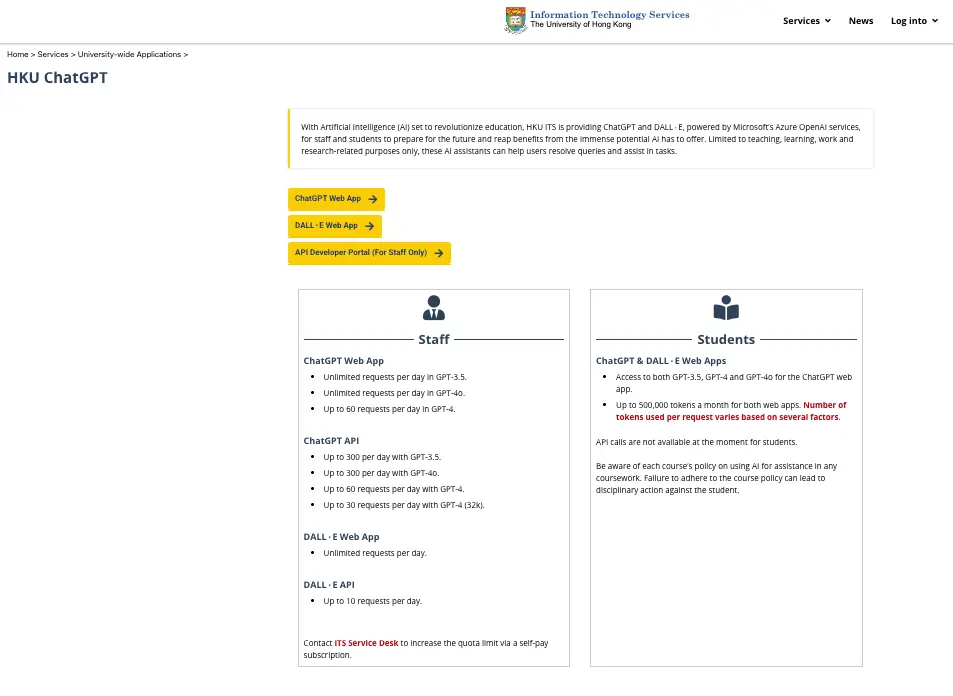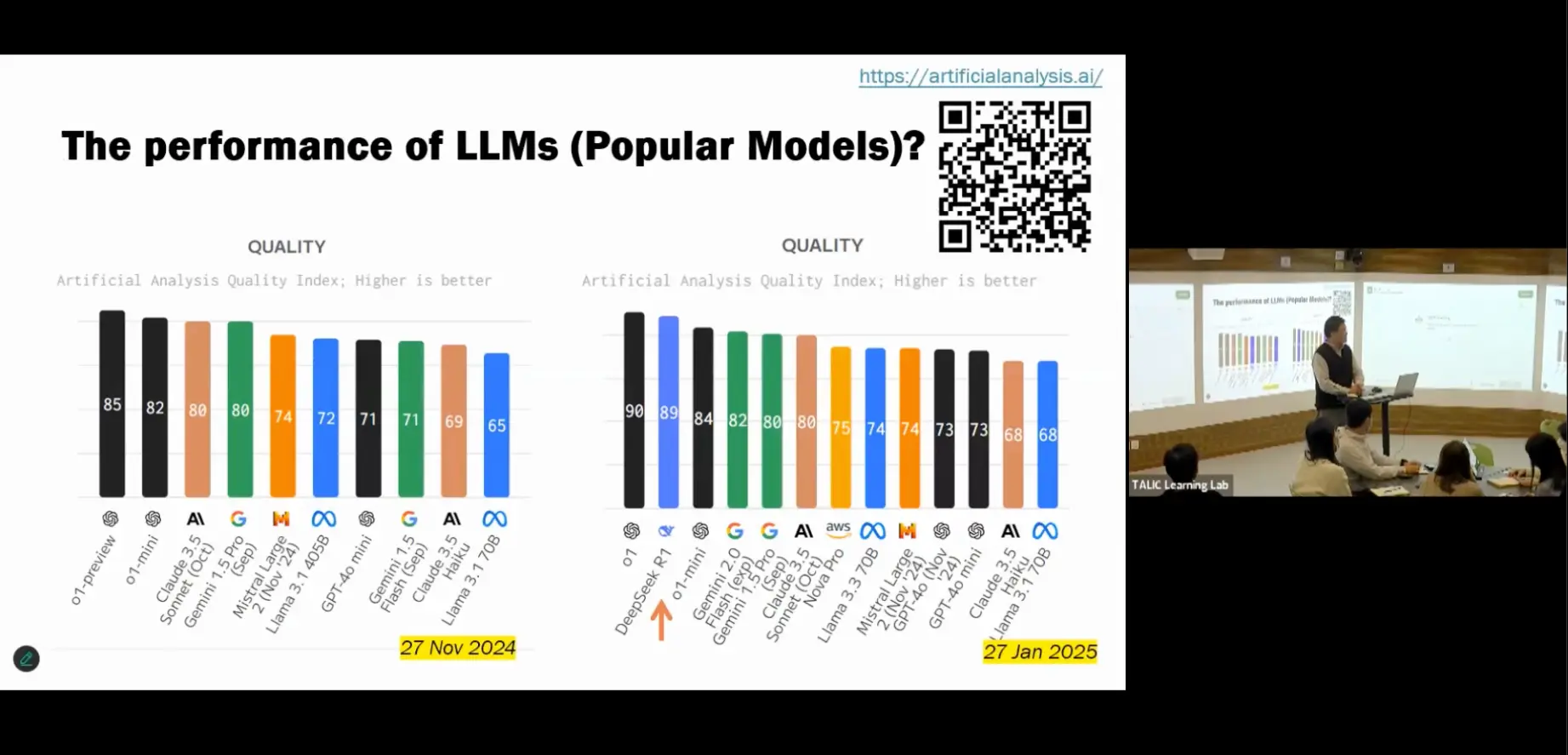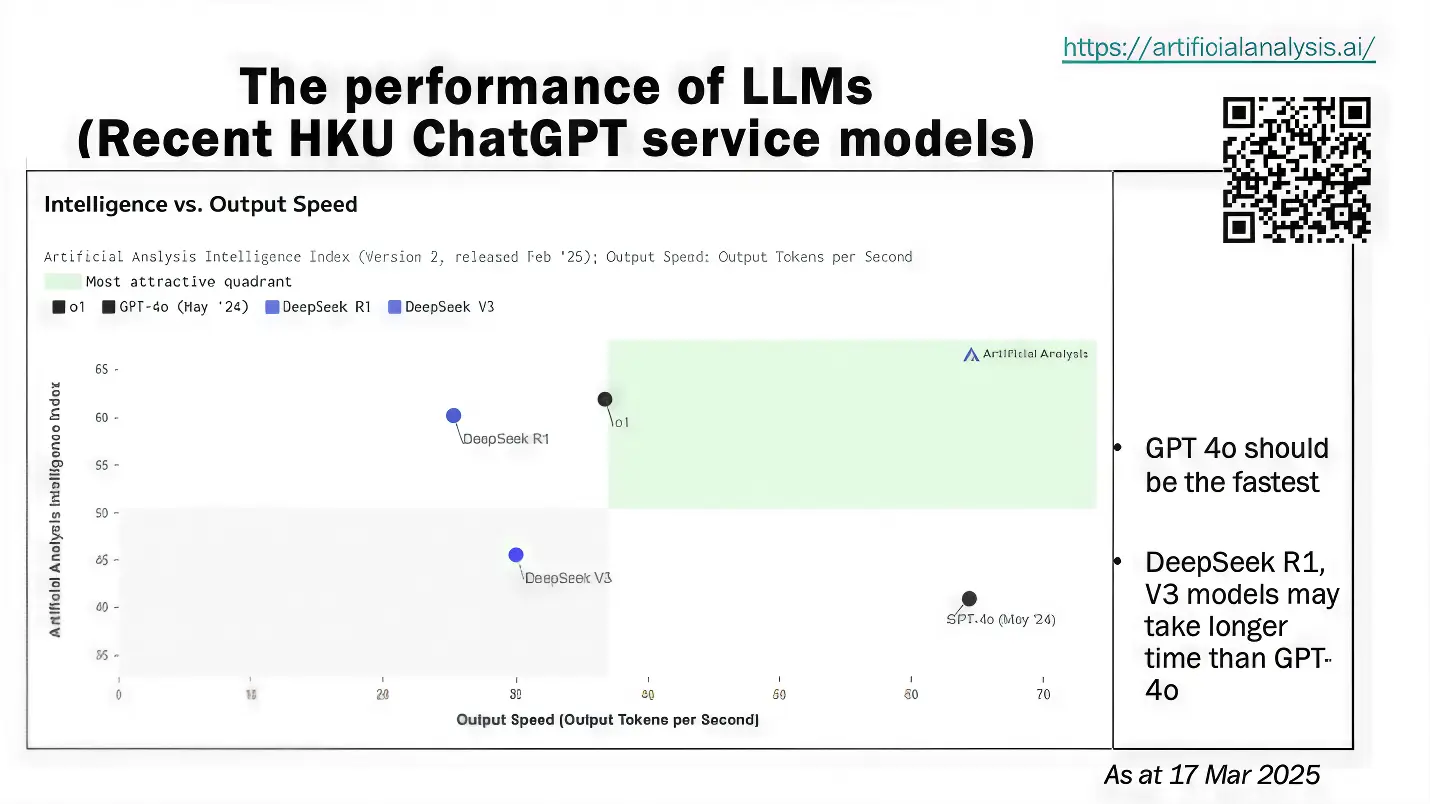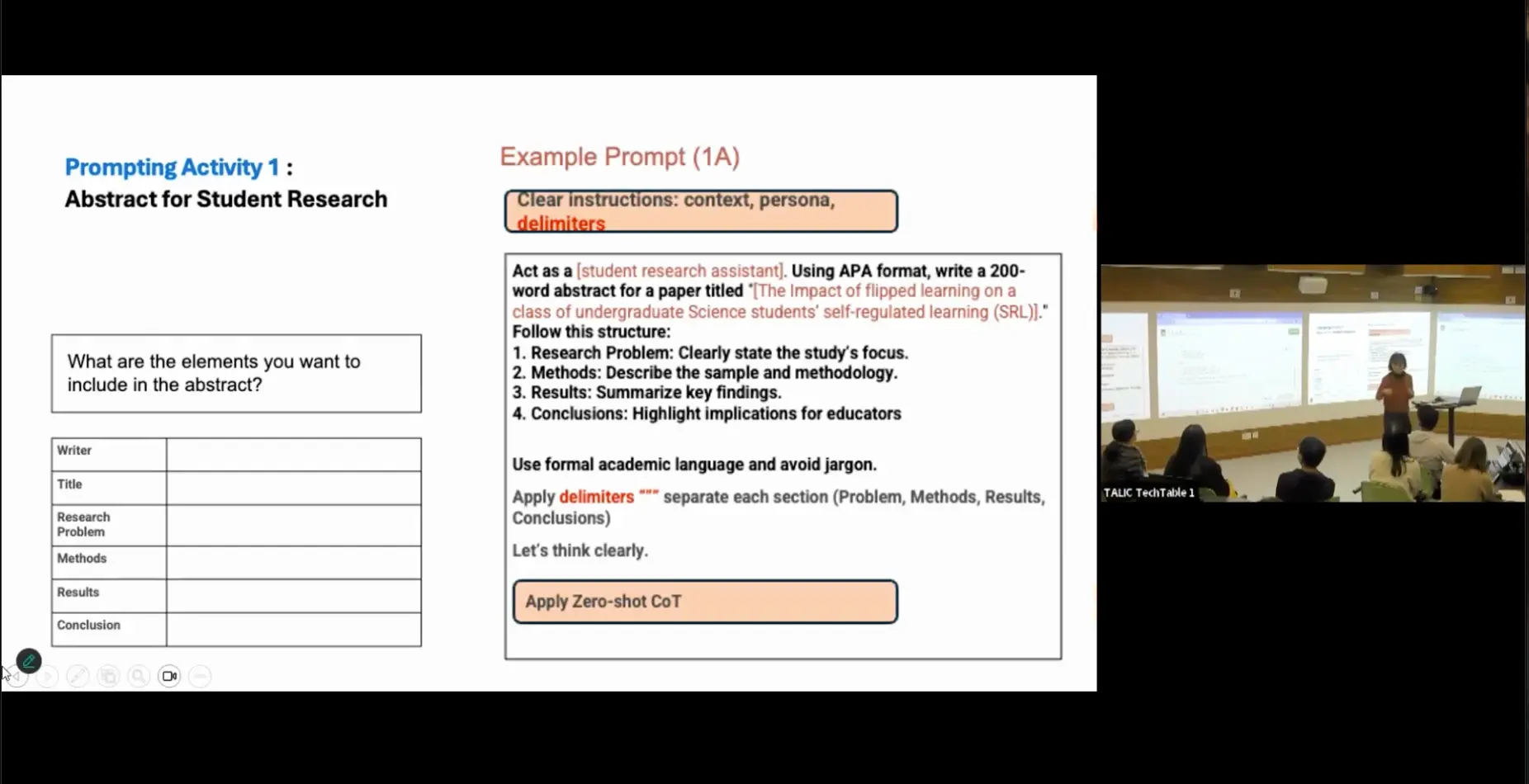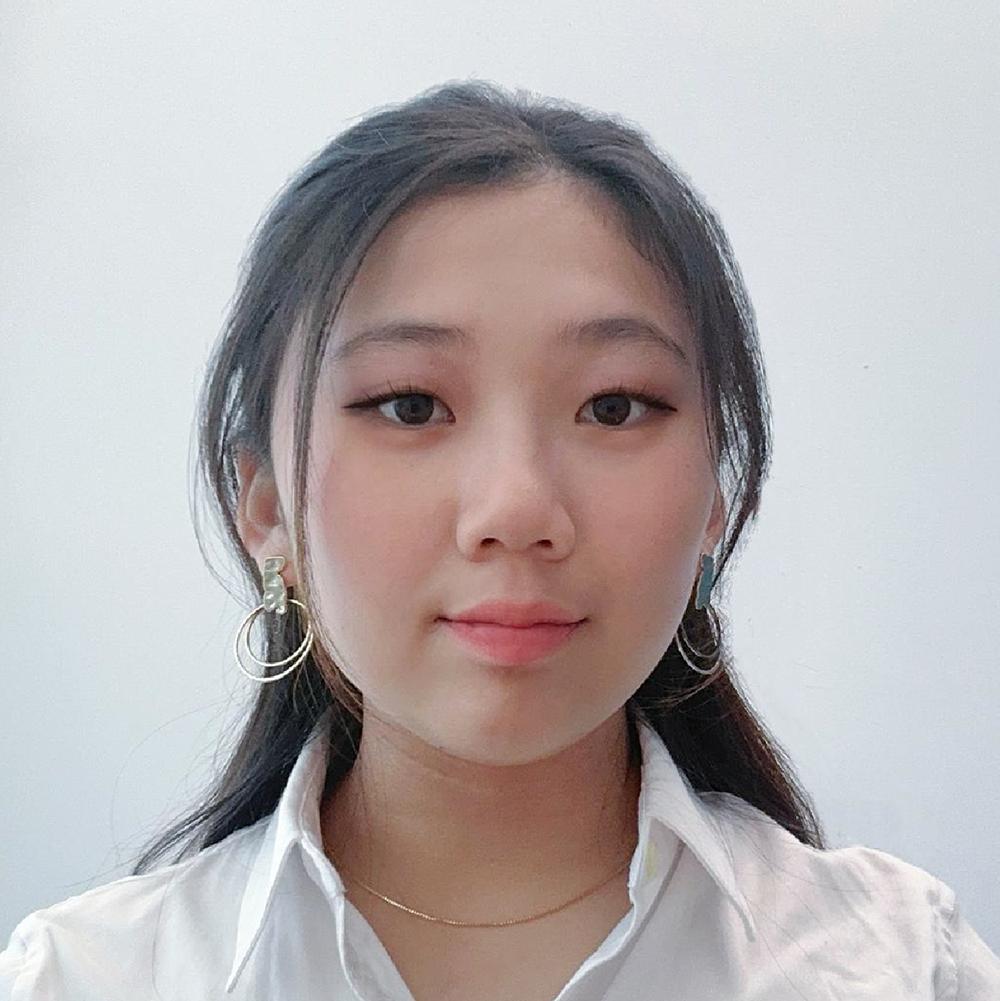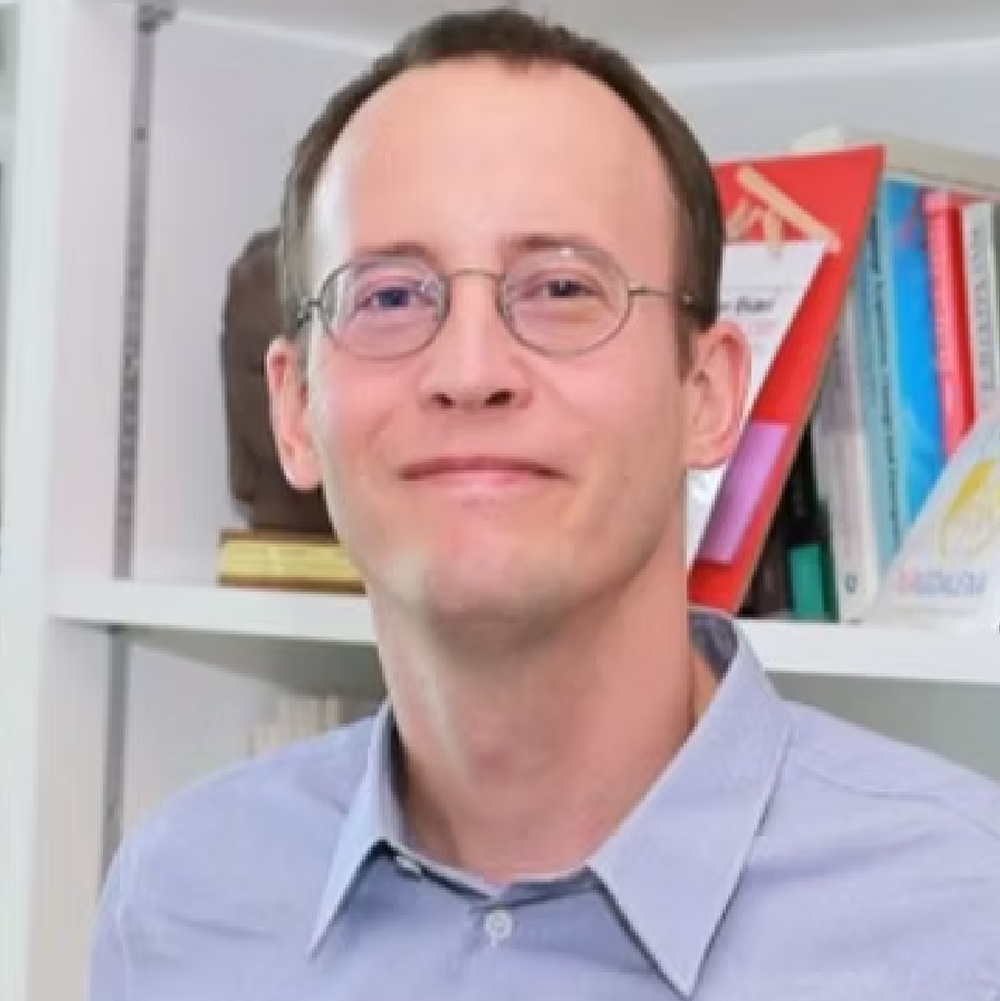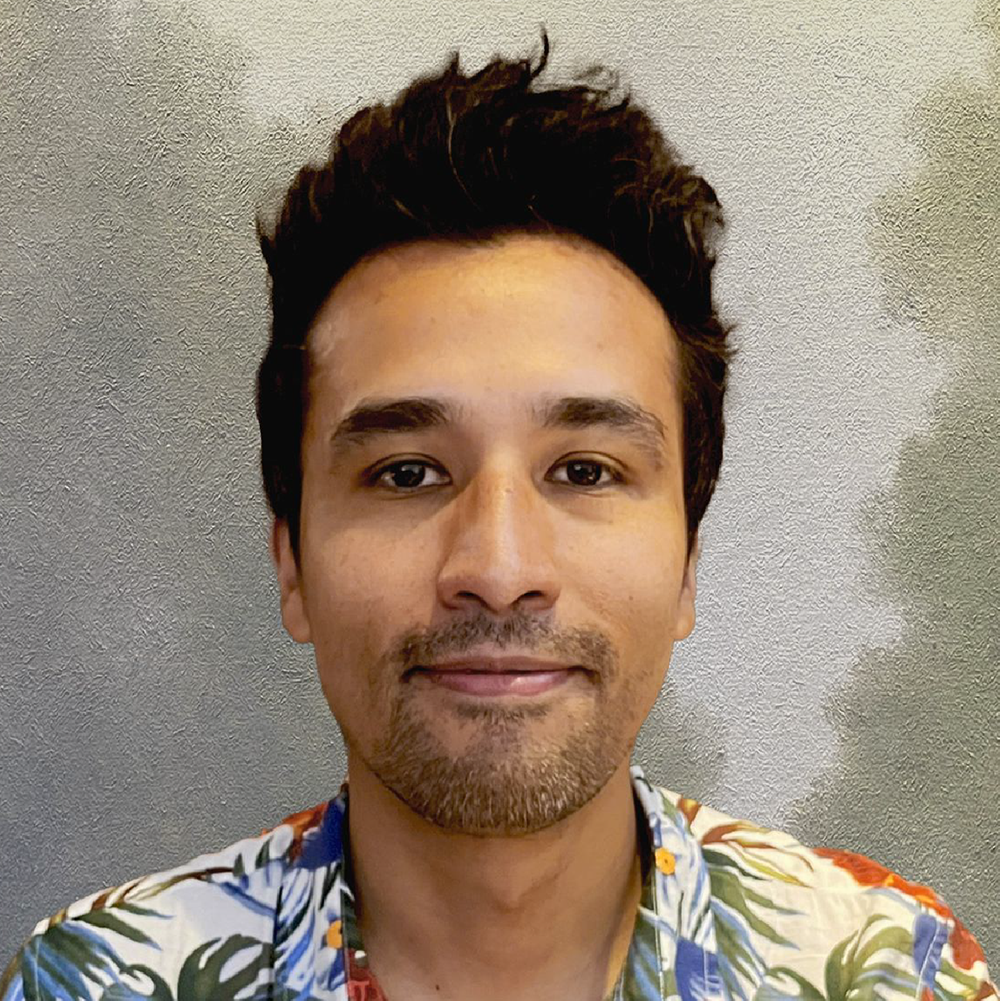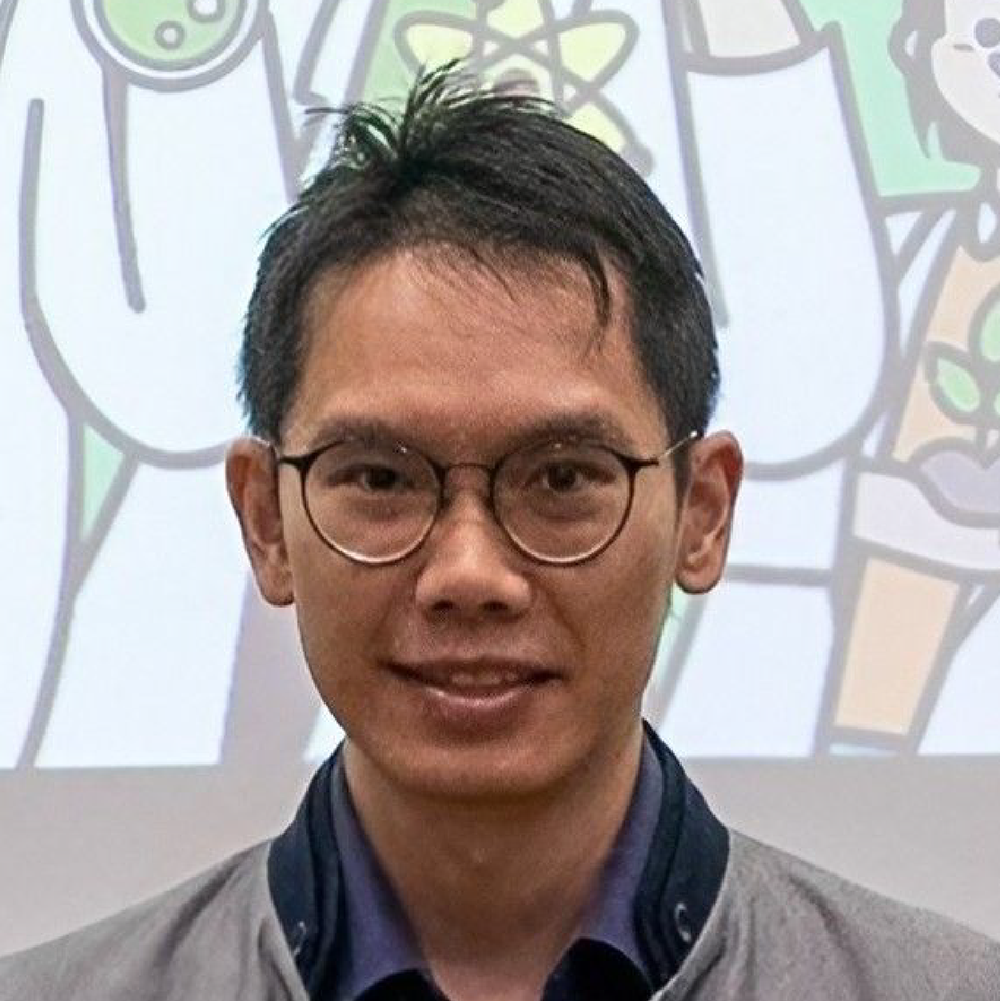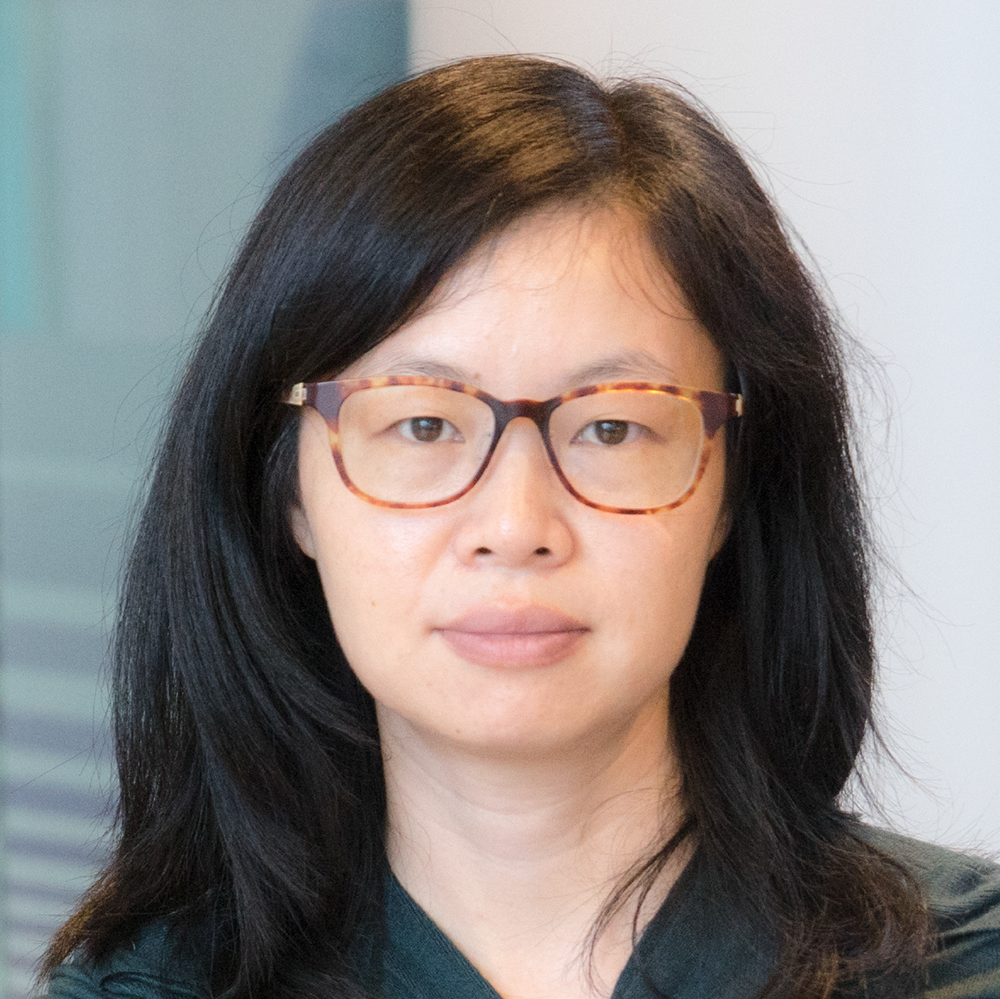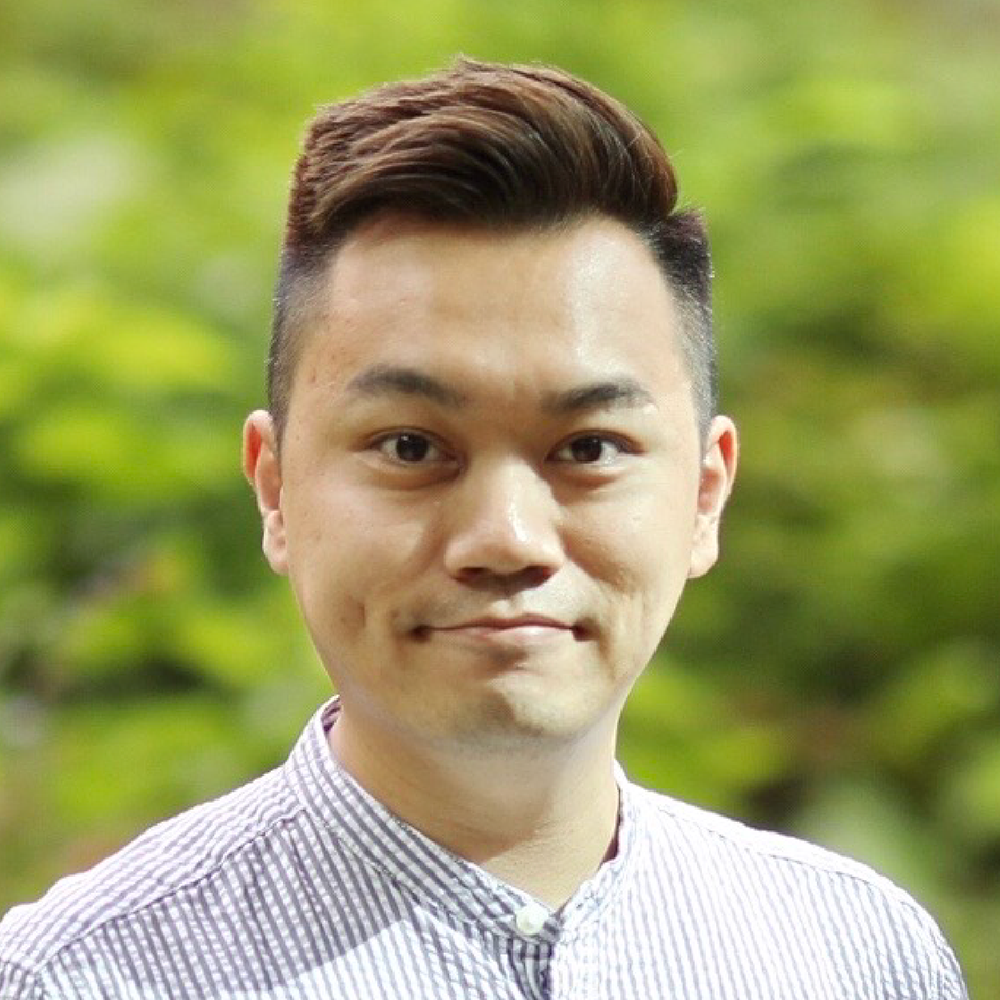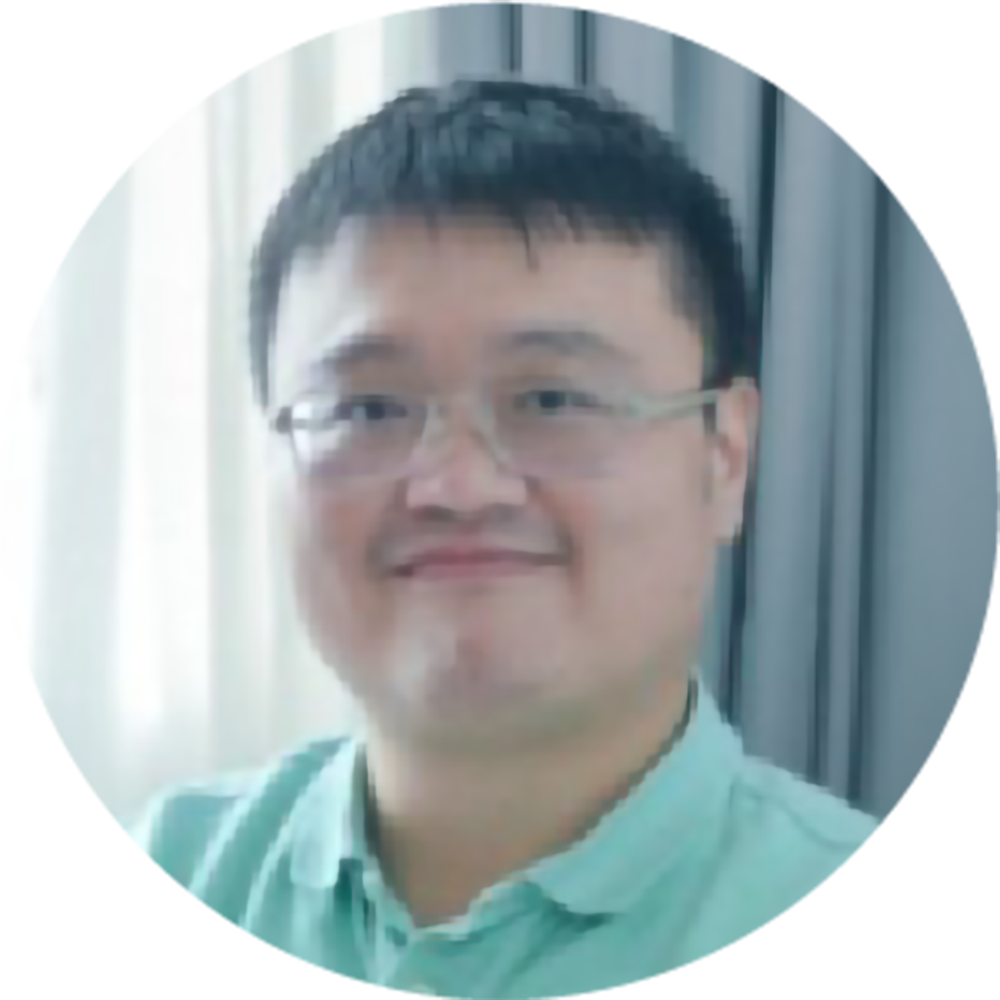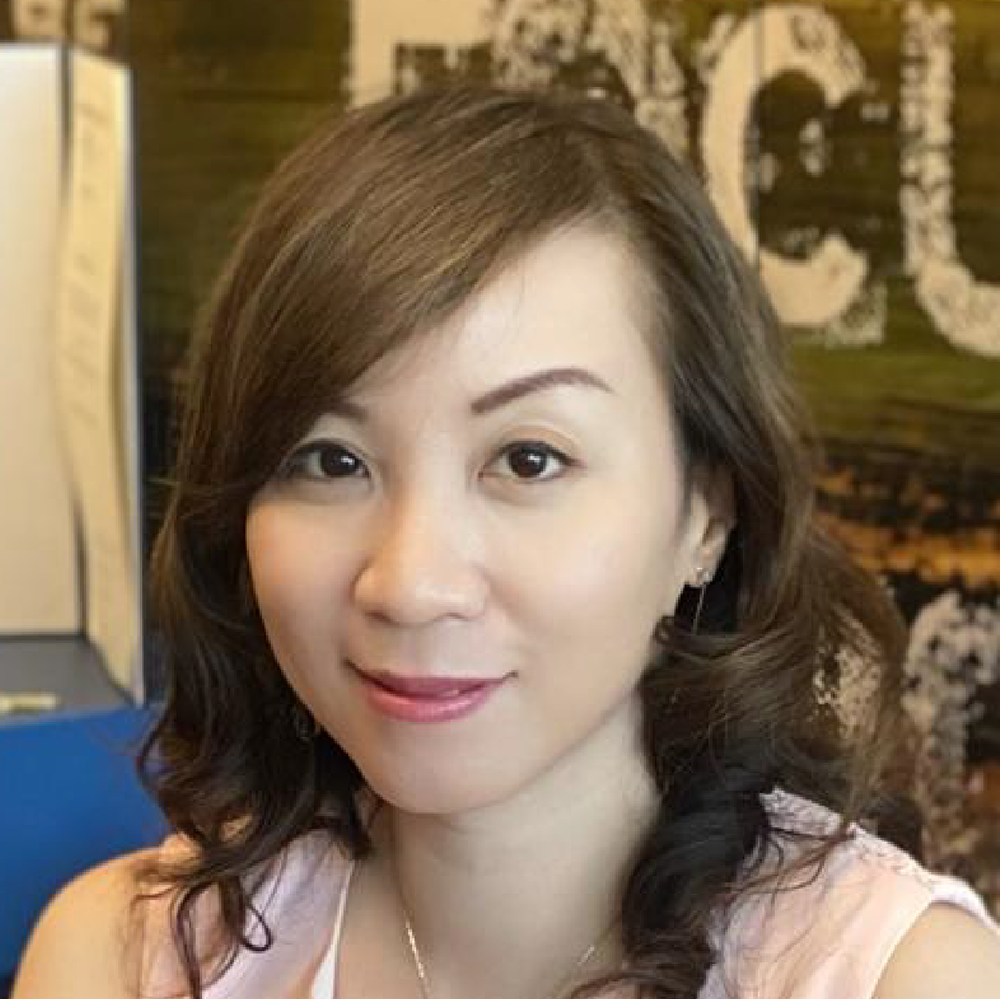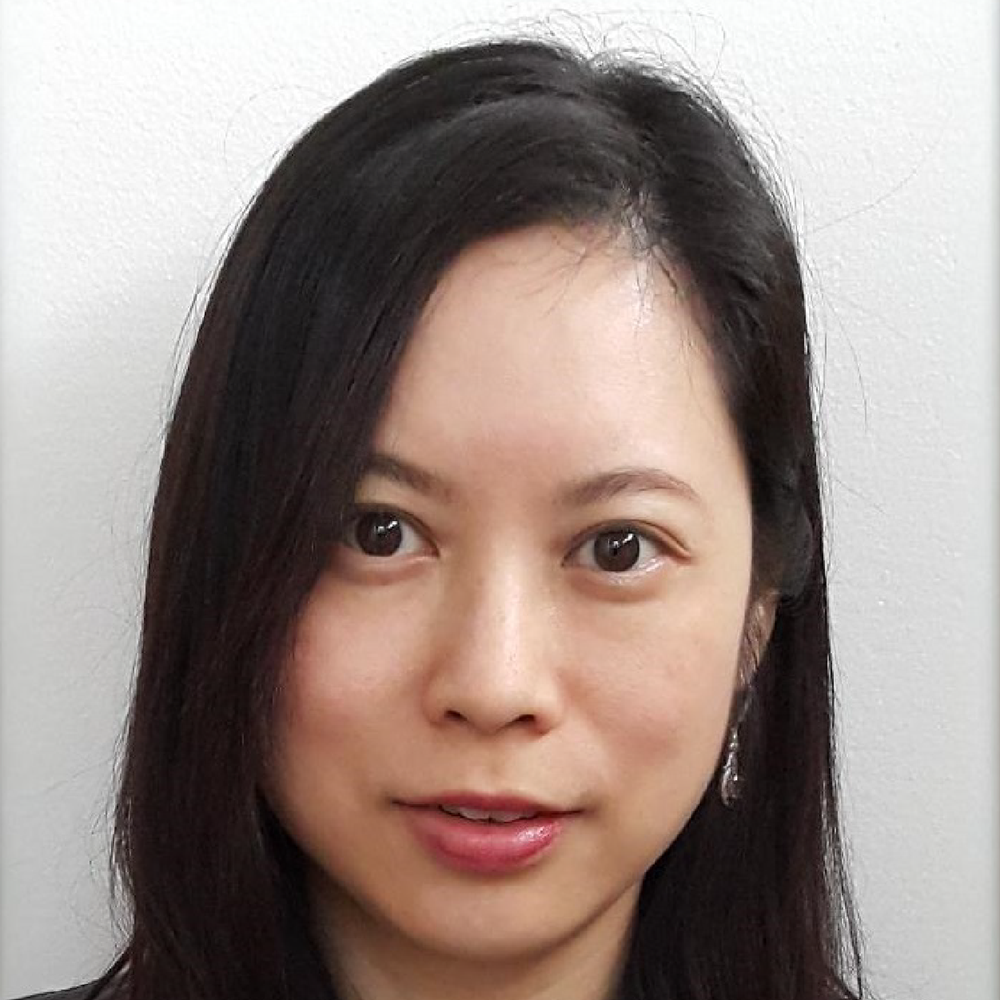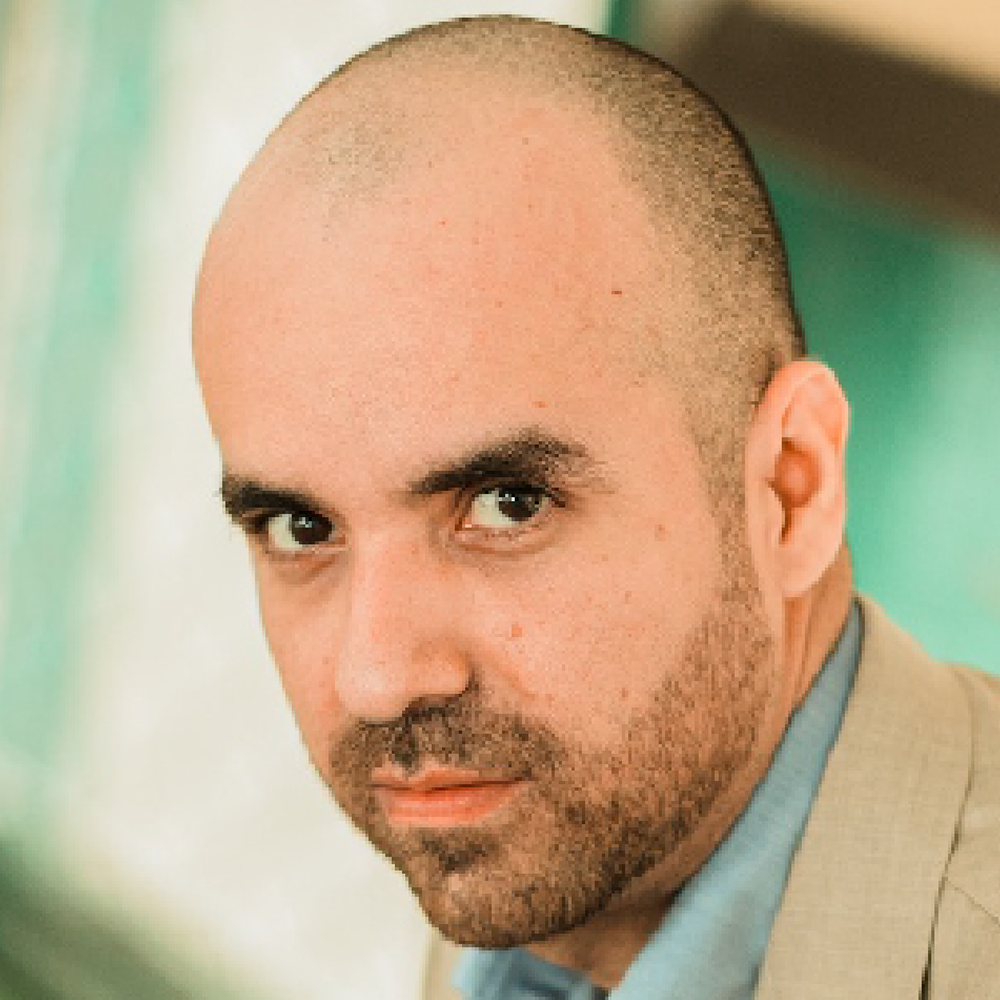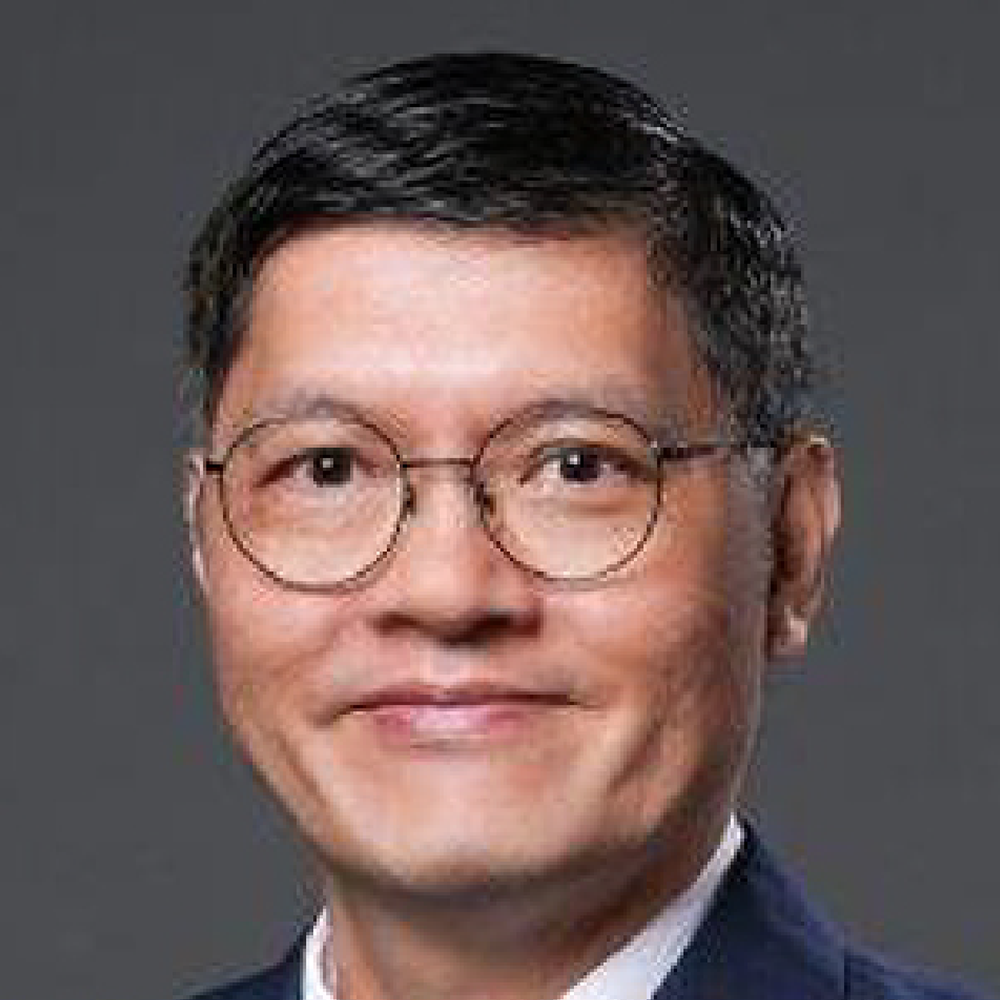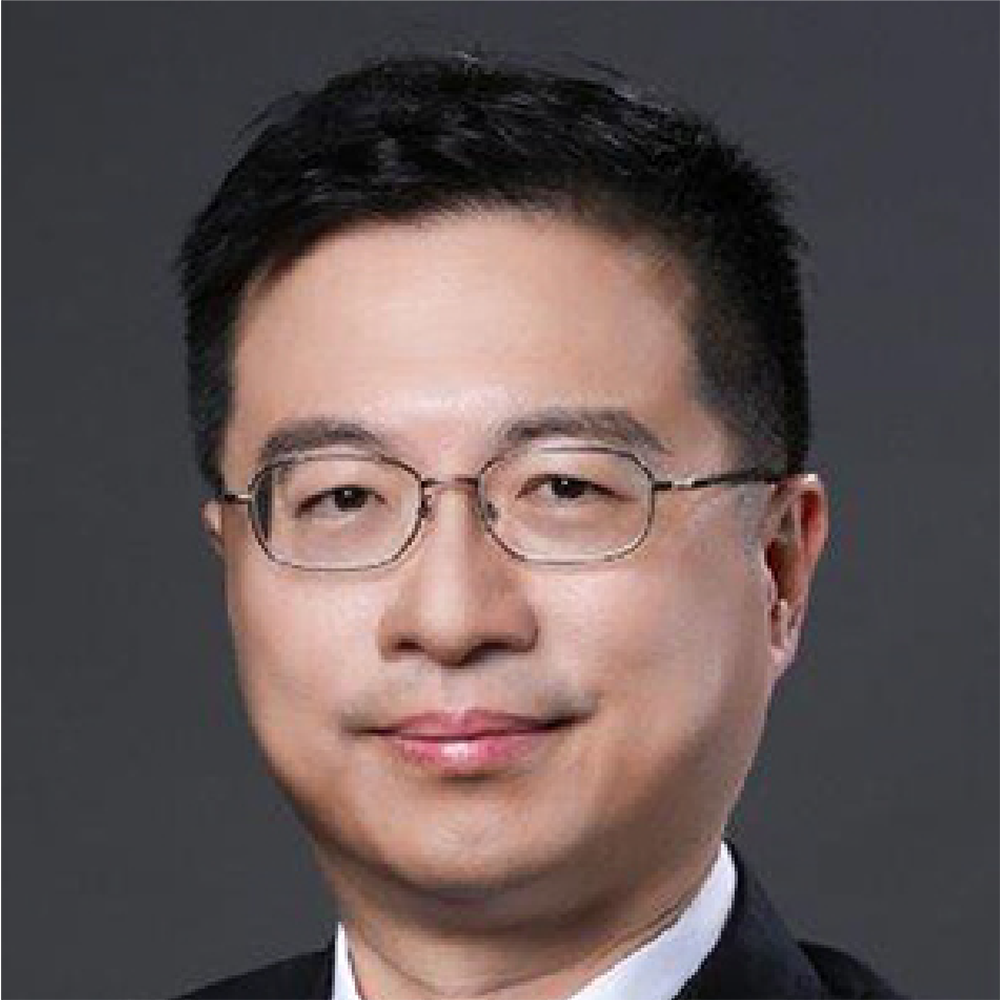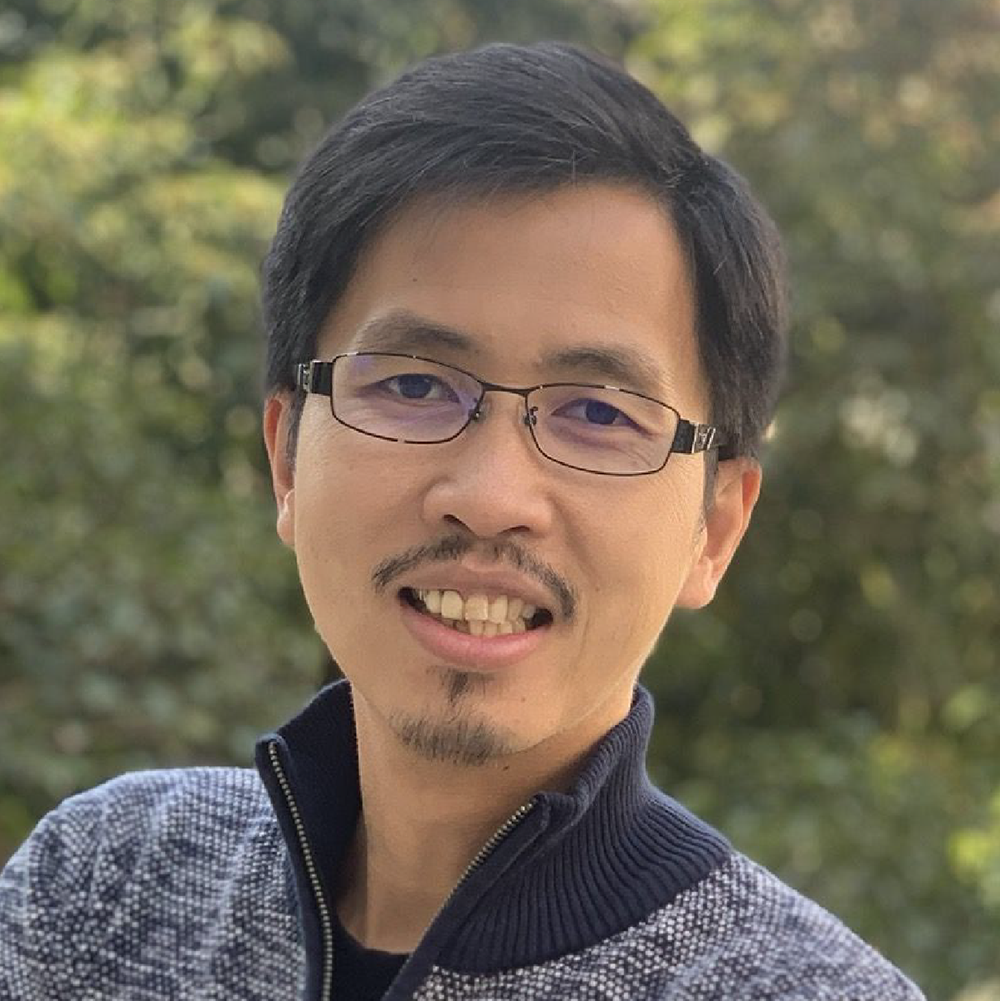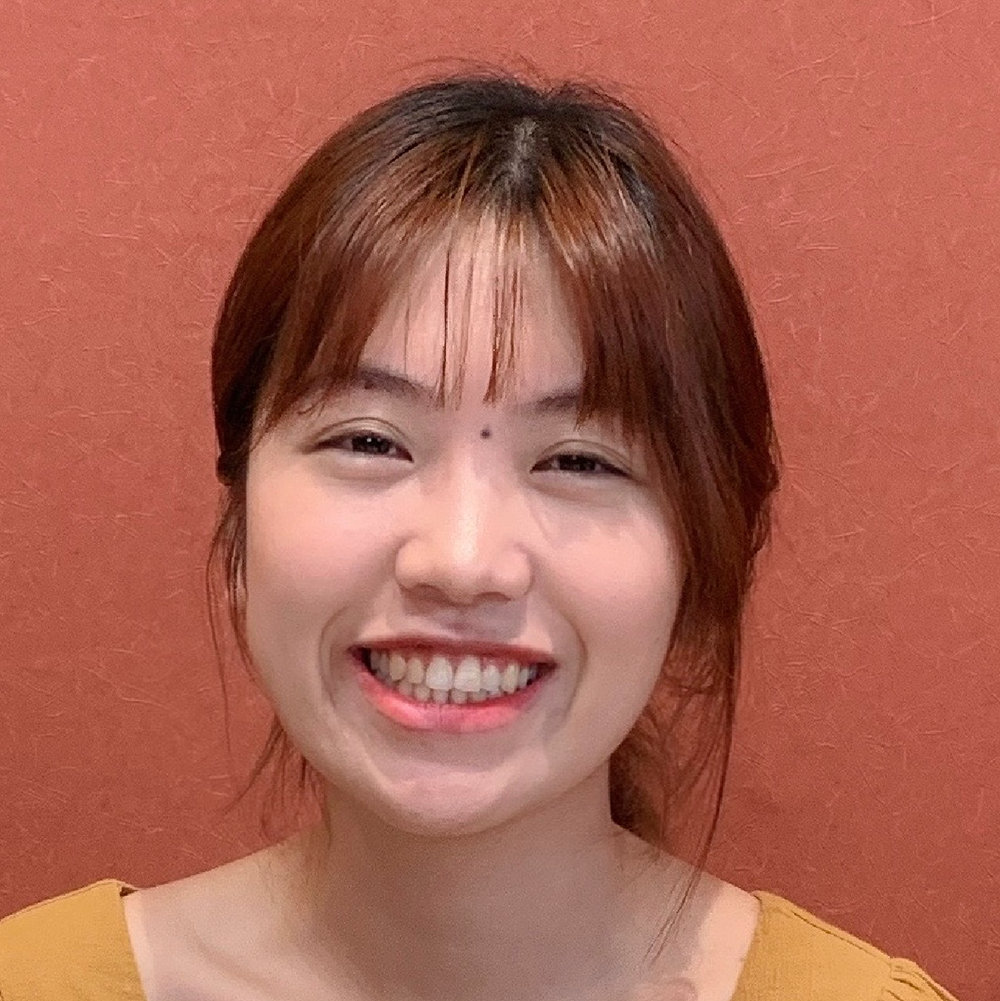Event Details
Time : 1:00pm – 2:00pm
Venue: Zoom
Speaker: Prof. Luke Fryer, Assistant Director / Associate Professor, TALIC, HKU
Abstract
This Seminar Series will present the current evidence for both popular and lesser known (but important) areas of teaching and learning in higher education. Each seminar will have three components:
- A short overview of the topic
- Evidence for/against its implementation in university courses – drawing chiefly on current reviews and meta/meta-meta-analyses
- Straight forward suggestions for instruction
[19 Feb 2025] Seminar 1 - Introduction to and directions based on Cognitive Load
Time : 1:00pm – 2:00pm
Venue : Zoom
Abstract
[19 Mar 2025] Seminar 2 - Flipped Learning, Recorded Lecture and Videos as instruction strategies/tools
Time : 1:00pm – 2:00pm
Venue : Zoom
Abstract
[2 Apr 2025] Seminar 3 - Learning Styles, Preferences and Strategies: Instruction that address differences and similarities amongst students
Time : 1:00pm – 2:00pm
Venue : Zoom
Abstract
[17 Apr 2025] Seminar 4 - Chatbots and student motivation: Instruction for reflective use
Date : 17 Apr 2025 (Thu)
Time : 1:00pm – 2:00pm
Venue : Zoom
Speakers :
- Dr. Weijiao Huang, Postdoctoral Fellow, TALIC, HKU
- Prof. Luke Fryer, Assistant Director / Associate Professor, TALIC, HKU
Abstract
Chatbots are increasingly being used in higher education and potentially change the way students access and engage with learning materials. These tools fulfill important pedagogical roles by providing students with personalised content and real-time feedback. Recognising the growing presence of chatbots, including generative AI, and their natural influence on student learning, there is an urgent need to understand their impact on student motivation, which influences how and why students engage with learning materials.
This seminar will start by distinguishing between student (short-term) engagement and (long-term developmental) motivation in the context of chatbot-supported learning. It will then review current evidence, focusing on the underlying theoretical frameworks, the impact on student learning outcomes and motivational dimensions, and the characteristics of chatbot design. Practical suggestions for the reflective use of chatbots will be discussed.
Ms. Miffy LEUNG
Teaching and Learning Innovation Centre- 3917 8182
- miffylhy@hku.hk


